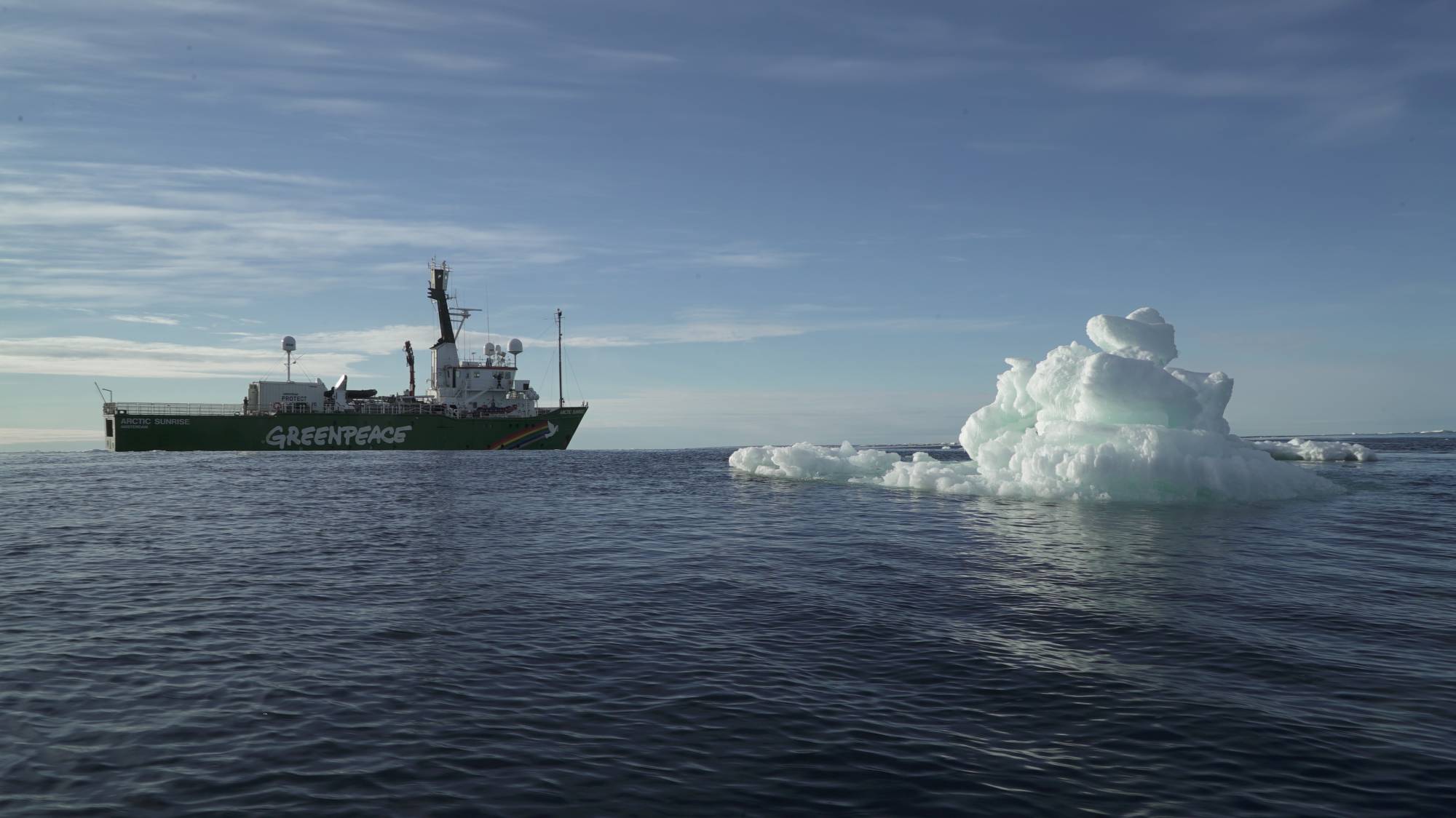At the edge of the ice blanketing part of the Arctic Ocean, the ice on Monday looked sickly. Where thick sheets of ice once sat atop the water, now a layer of soft, spongey slush slid and bobbed atop the waves.
From the deck of a research ship under a bright, clear sky, "ice pilot” Paul Ruzycki mused over how quickly the region was changing since he began helping ships spot and navigate between icebergs in 1996.
"Not so long ago, I heard that we had 100 years before the Arctic would be ice free in the summer,” he said. "Then I heard 75 years, 25 years, and just recently I heard 15 years. It’s accelerating.”


















With your current subscription plan you can comment on stories. However, before writing your first comment, please create a display name in the Profile section of your subscriber account page.